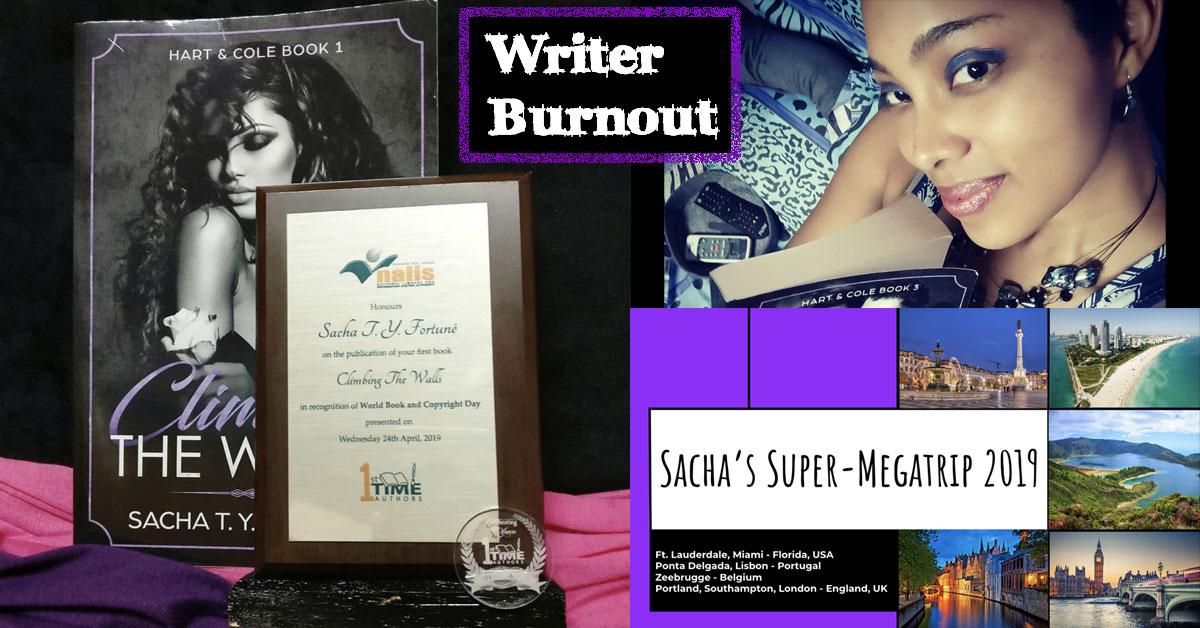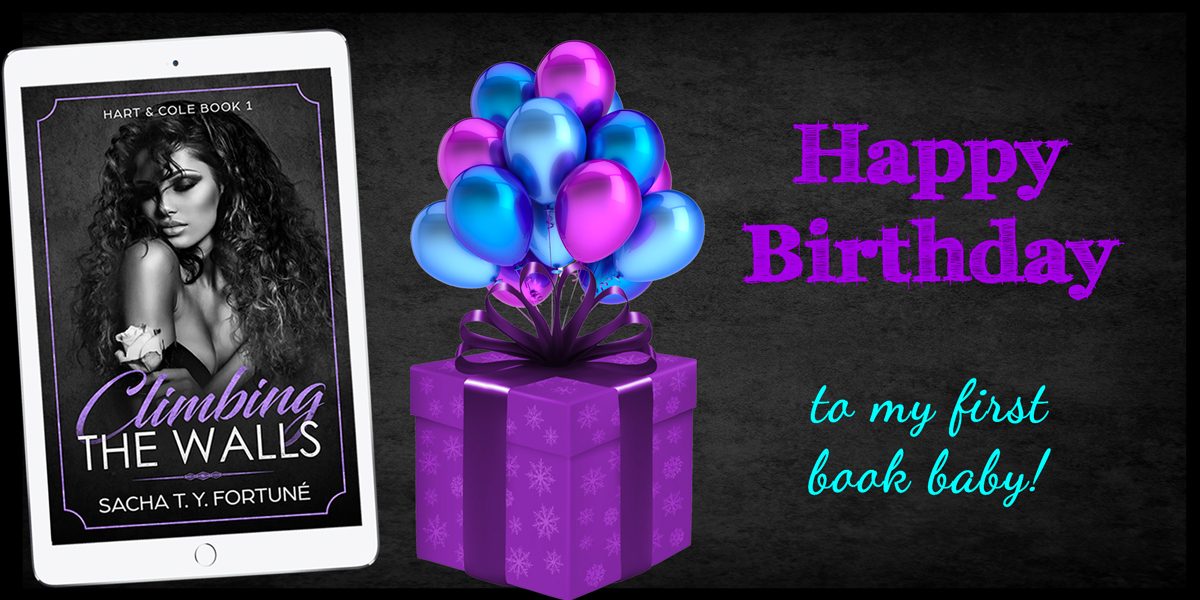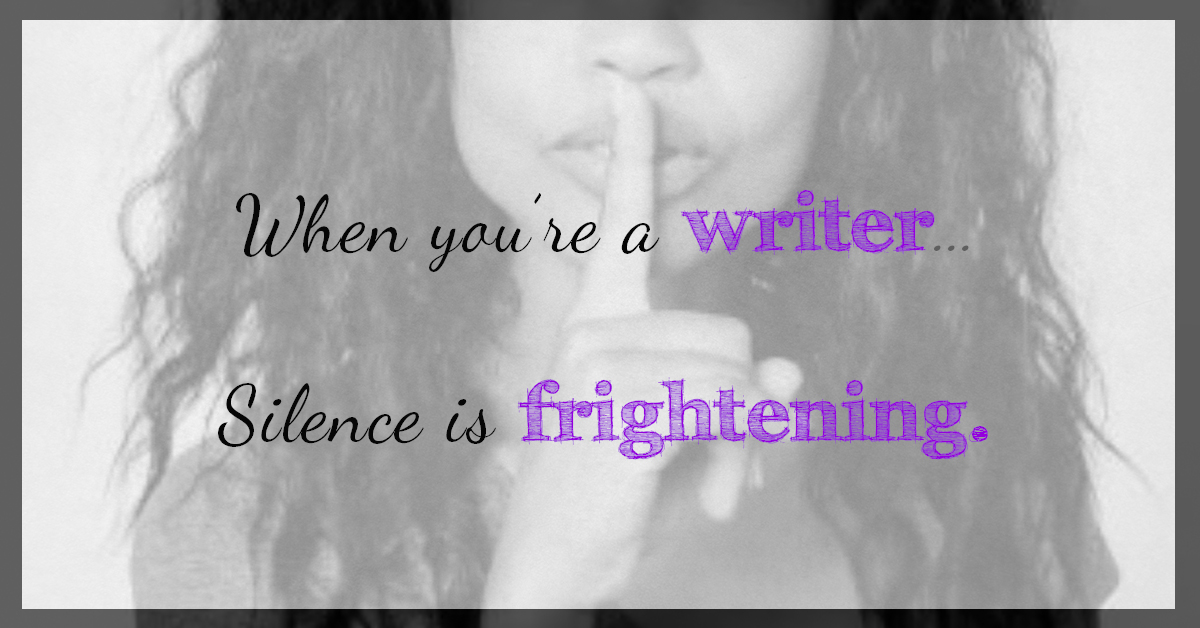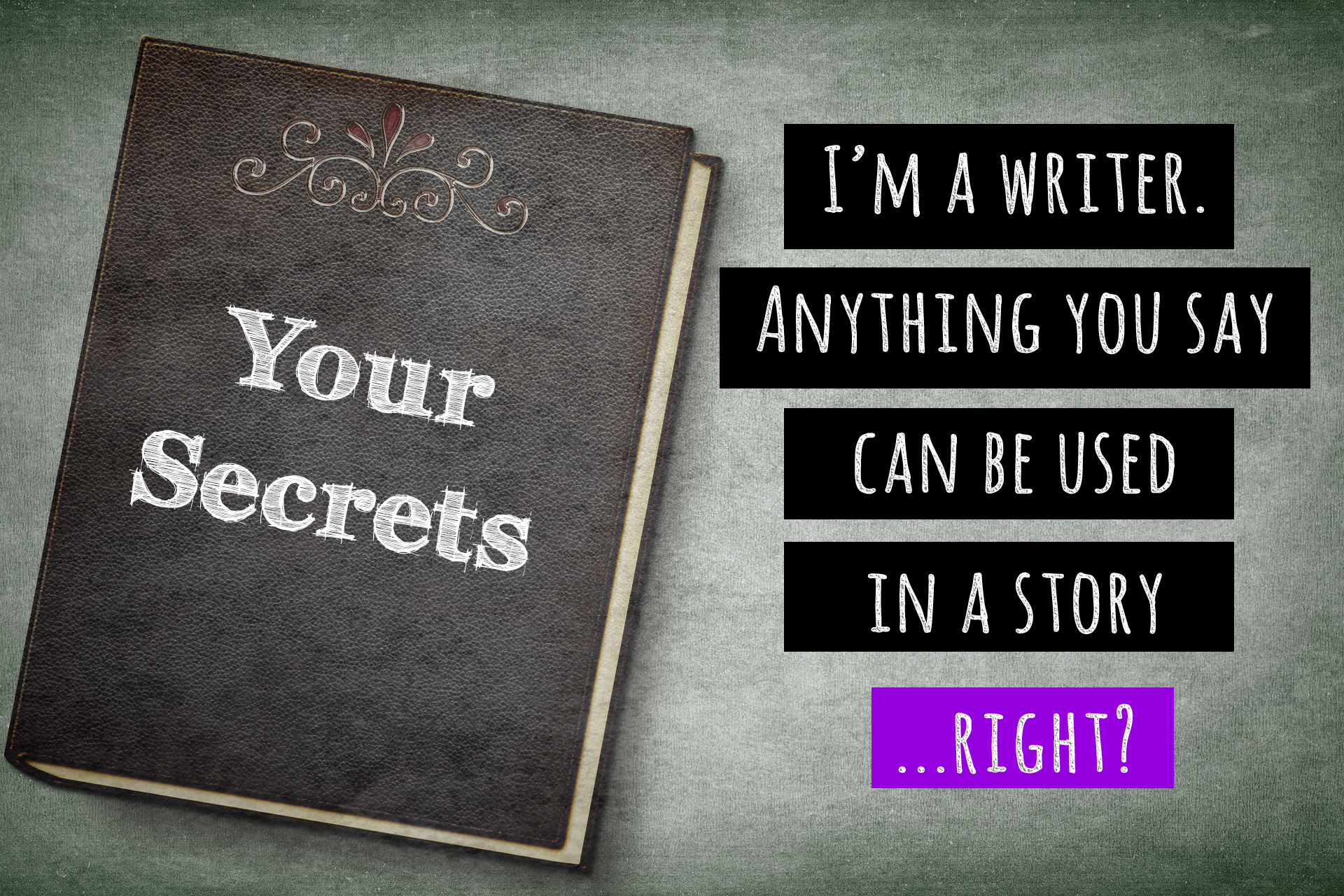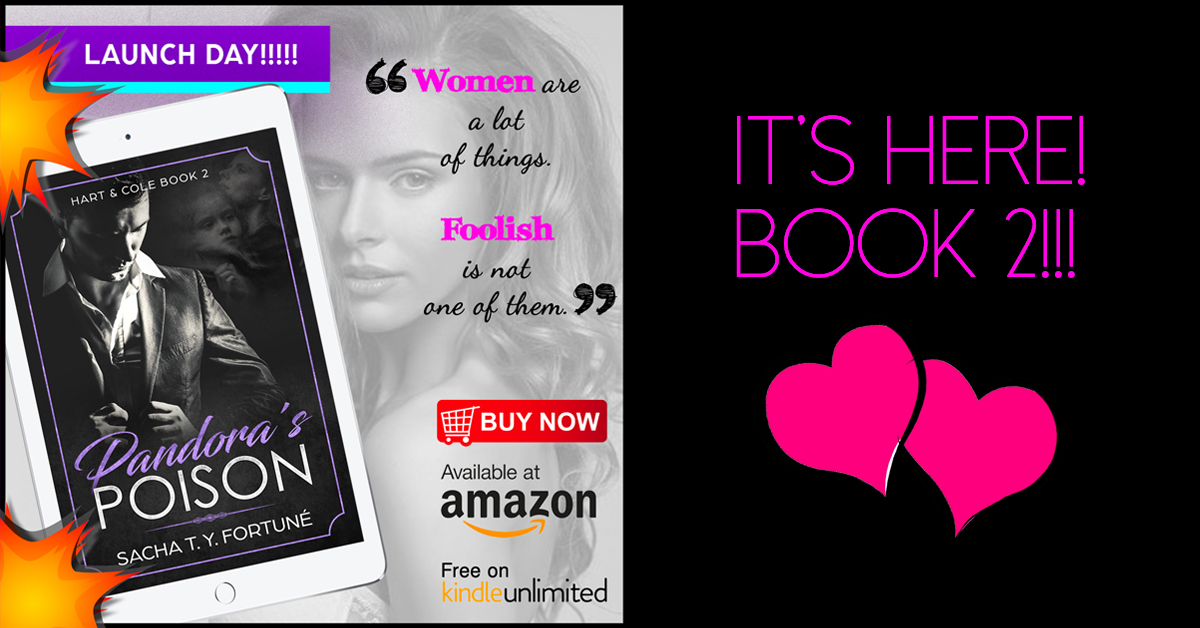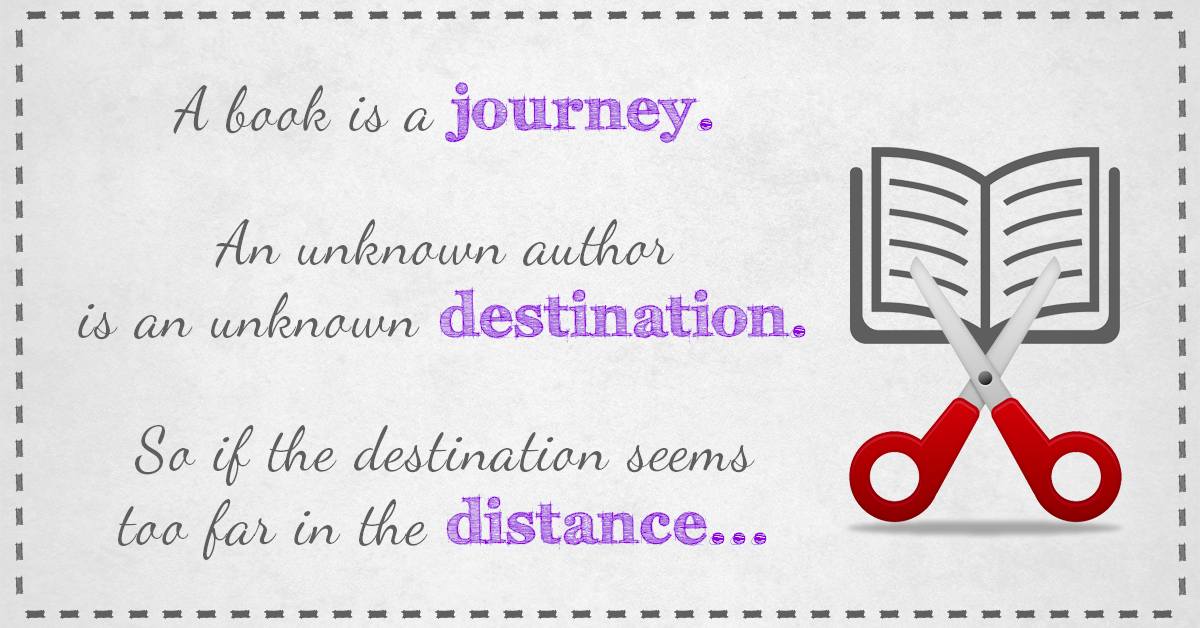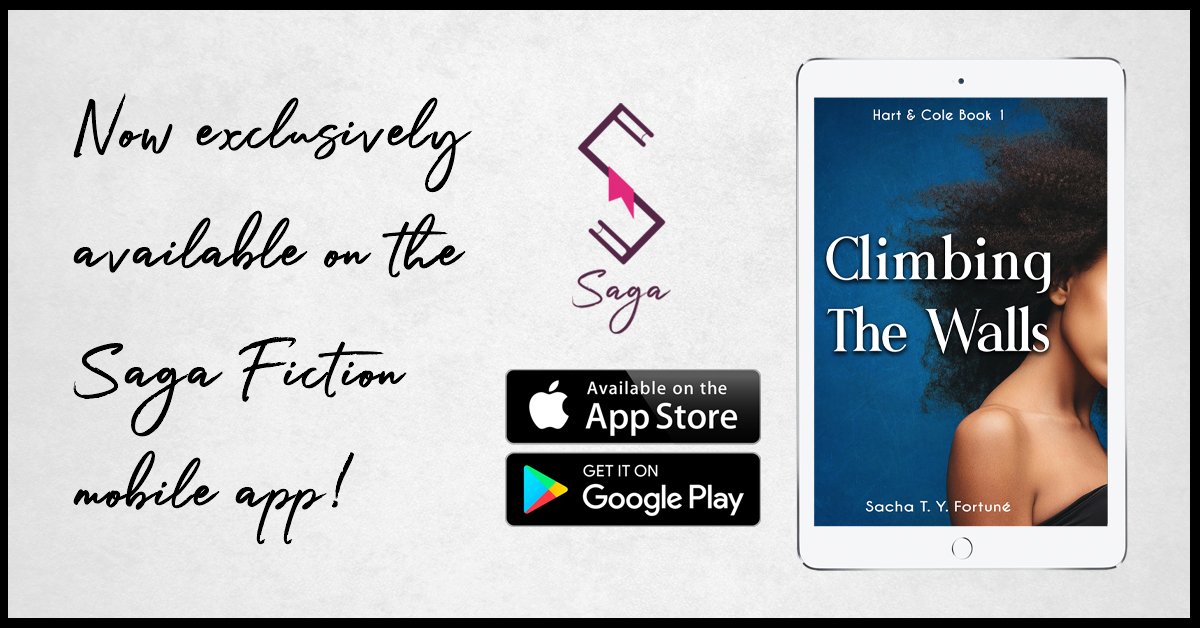Cookie-cutter Writing & Missing the Mystery
I’m a little ashamed to admit it… but… I barely read any books last year.
Literally, less than a handful. Off the top of my head, I can recollect maybe three or four. But that’s it.
Blame the pandemic, blame the baby and the newborn-newmama black hole of despair funk, blame just my utter laziness. The fact is: reading novels was nowhere near my priority list. (And, as a self-published writer, it should be!)
There was just way too much noise in my head to get into a good book.
Mind you, I read a HUUUUUUGGGGGEEEE amount of online news, more than I have ever consumed in my entire life! And I binge-watched a fair deal of Netflix shows.
But one of my favourite pastimes — curling up with a book… went largely out the window.
New Year = New Resolutions = New Reads?
This year, now that my revised Book 1 is launched and out of the way, I’ve committed myself to getting back into the “writer girl” mode.
Part of that means I need to take a fresh look at the market, which means *drumroll, please!*… reading.
So I downloaded a boatload of books, and I got cracking.
A few days later, I’m just as disappointed as I was the last time I did this en masse… which was… you guessed it: last year, around the same time!
There’s something about the “New Year” that drives us all to think we can reinvent the world all of a sudden based on the arbitrary whims of the calendar.
There were a few TERRIBLE books in the bunch, but for the most part the books weren’t bad. Some were pretty good (and I’ll be posting reviews on my website, when I get a chance). But for the most part, they just weren’t… well, for lack of a better word: original.
Formulaic = Write to Market = Selling out?
I’m on what seems like a zillion Facebook writer groups, and I have found them useful to keep a finger on the beat of what’s happening in the writer world.
No one singular thing works for everyone to achieve huge success, but there is a general trend of the more prolific, successful writers encouraging newbie writers to “write to market” — look at your competition, crank out something similar, make the cover and blurb shine, market it, and then watch the money roll in.
It’s extremely useful advice, and it’s helped a lot of writers turn their hobby into a full-time career, because they are aggressively targeting a market with expectations.
But it also means that… well, in a nutshell, I’ve read basically the same book by different authors, over and over and over again.
While I’m thrilled at my mediocre success thus far (because I write for love, not money, as I don’t do this full-time), it would be great to achieve massive success myself.
And I know that if I put my mind to it, I can do it too — I’m not a dumbass, and fortunately I have pretty decent skills in writing, editing, Photoshop, web development, social media, and just general “internet” skills that any self-published writer needs.
But… could I live with myself, if my writing passion was dampened and I churned out a “cookie-cutter” novel?
Categories, Descriptions & the Loss of Mystery
It’s gotten to such a state that writers now advertise exactly what to expect on the cover and in the title:
- “A Billionaire Bad Boy Romance”
- “A Enemies-to-Lovers Romance”
- “A Christian Workplace Friends-to-Lovers Romance”
- “A Secret Baby Romance”
- “A Boss-Employee Romance”
- “A Slow Burn Small Town Romance”
And some go even further and tell you in the blurb:
- No graphic scenes
- No cheating
- Some foul language included
- Happily ever after
…etc. etc. etc. etc.
Now, of course, some readers like this, and prefer it all to be laid out bare before they even turn the first page… but where is the mystery?
Maybe I’m old school, but one of my favourite memories of childhood was browsing books in the public library, trying to decide which to pick — looking at the cover and blurb and making my own decision about whether this book would rock my world.
Nowadays, you don’t even need to get past the title, in most instances, to make that decision.
The categorisation on the cover tells you exactly what to expect. You open the book, it dives straight into the action, and by the end of the first chapter you’re 99% sure of how the book will progress and eventually end. There are very, very few surprises.
Is there a place for Real-life Romance?
So… back to me. I know my books are awesome. I love my characters, I put a lot into them, and my readers appreciate that!
A quick glance through my reviews (Book 1, Book 2, Book 3) give me affirmation that my writing style and the decision to stick to my guns have produced a whopper of a book series that rocked their world.
But… it rocked their world because it was DIFFERENT. Because they went in, not knowing what to expect, and got carried away by the current of that river of words and emotions that I poured into my books.
My problem is that not having that “mass appeal” of the “cookie-cutter” template means significantly less readers.
Still, what I have always loved about my characters in my Hart & Cole series, is that they are fabulously flawed. The “hero” cheats. The “heroine” is bitchy. Their parenting styles are atrocious, at times. They are terrible friends, sometimes. They are inappropriate. They make mistakes that can make your head spin.
These aren’t people you swoon for. But they’re people you probably know.
They’re people you feel for. People you root for.
They’re people whose stories I want to keep writing.
I don’t know how to write anything else… I don’t know how to “create” characters, when mine have so seamlessly created themselves and begged to be put onto the page.
Maybe someday I’ll write to market, but for now I’m really hoping that there’s still a place in the world for original, unpredictable “real-life” romance.

